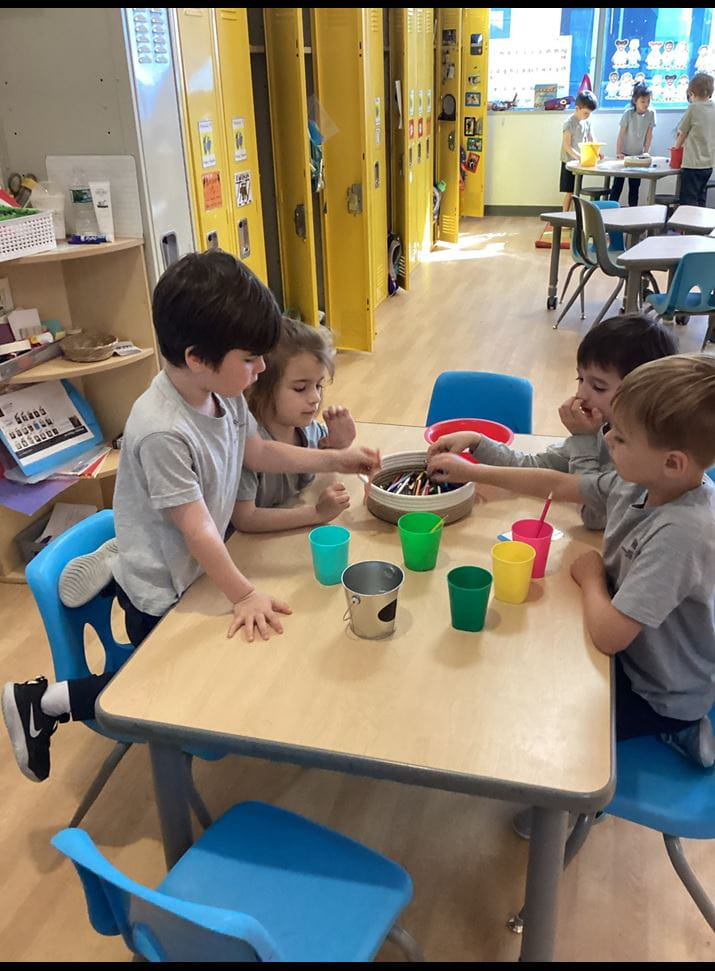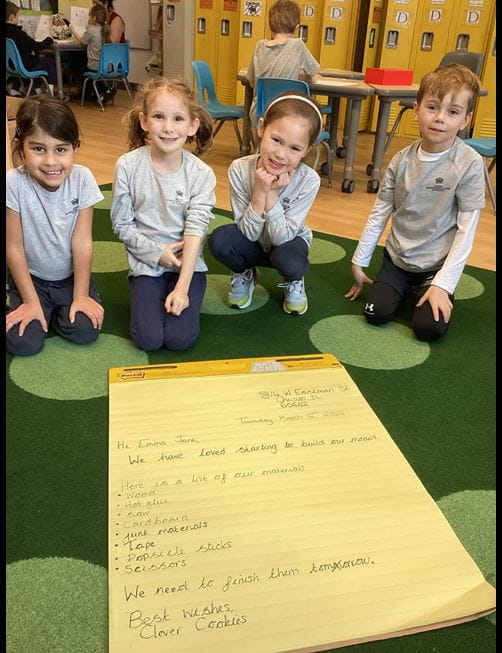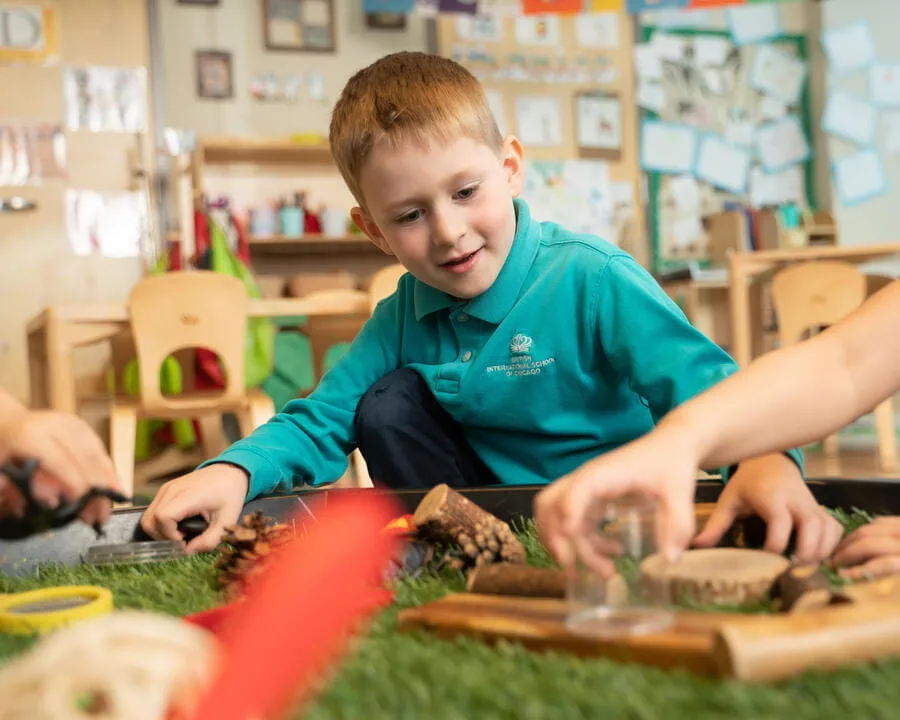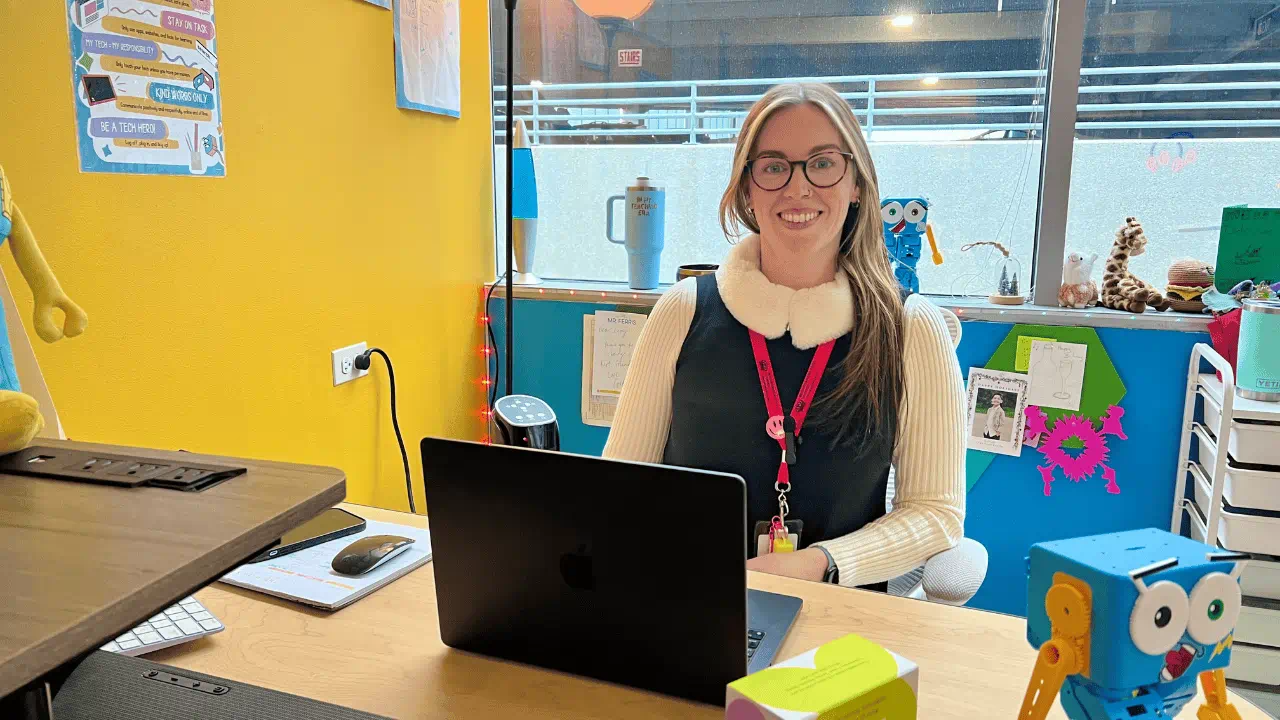In today's fast-paced and ever-changing world, nurturing resilience and well-being in children is more important than ever. As parents and educators, we play a crucial role in equipping children with the tools they need to navigate life's challenges and thrive in the face of adversity.

Here are some essential strategies for building resilience and well-being in children:
- Promote a Growth Mindset
 Encourage children to embrace challenges and view failures as opportunities for growth. Teach them that their abilities can be developed through hard work and perseverance, rather than being fixed traits. By fostering a growth mindset, children learn to approach difficulties with resilience and determination.
Encourage children to embrace challenges and view failures as opportunities for growth. Teach them that their abilities can be developed through hard work and perseverance, rather than being fixed traits. By fostering a growth mindset, children learn to approach difficulties with resilience and determination.
- Cultivate Strong Relationships
Building supportive relationships with family members, peers, and mentors is key to a child's emotional well-being. Encourage open communication, empathy, and trust within these relationships, providing children with a safe space to express their thoughts and feelings.
- Teach Coping Skills
Help children develop effective coping strategies to manage stress and adversity. This may include deep breathing exercises, mindfulness techniques, or engaging in hobbies and activities they enjoy. By empowering children with coping skills, they learn to regulate their emotions and cope with changes and uncertainties effectively.
- Encourage Problem-Solving
Model and teach children how to develop their critical thinking skills by identifying problems, brainstorming solutions, and taking proactive steps to address challenges. Encourage them to break tasks down into manageable steps and persevere in finding solutions.
- Promote Healthy Habits
Encourage children to prioritize healthy habits such as regular exercise, nutritious eating, adequate sleep, and limiting screen time. These habits not only support physical health but also contribute to better mood regulation and stress management.
- Celebrate Progress, Not Perfection
Encourage children to focus on effort, progress, and the process rather than striving for perfection and fixating on the outcome. Celebrate their achievements, no matter how small, and acknowledge their efforts and improvements along the way. This will help build a culture of encouragement and support, and help children develop resilience and confidence in their abilities.
- Lead by Example
Children learn by example, so when learning at home with parents or in school with educators, influential adults, and people must model resilience and positive coping strategies in their own lives. Demonstrate healthy ways of dealing with stress and adversity, and openly share your own experiences of overcoming challenges. By modeling resilience, you inspire and empower children to develop their inner strength.

Building resilience and well-being in children is a multifaceted process that requires the collective efforts of parents, educators, and communities. Encouraging By fostering a growth mindset, nurturing strong relationships, teaching coping skills, promoting problem-solving, prioritizing healthy habits, celebrating progress, and leading by example, we can equip children with the resilience and skills they need to thrive in today's world and beyond to navigate life’s challenges. Investing in their social and emotional development during these formative years lays the foundation for a brighter and more resilient future.
Lucy Selles
Year 1 Leader & Teacher







.png?h=720&iar=0&w=1280&rev=090f6aaff5c74988877e2316da2721d6&hash=9F6607FE7CEF7D53B17FB2A670C742F3)

.png?h=720&iar=0&w=1280&rev=2320179e8a134c80a30f57aa0014926d&hash=C88687BFC84BE1EAFF593CD797B94013)
